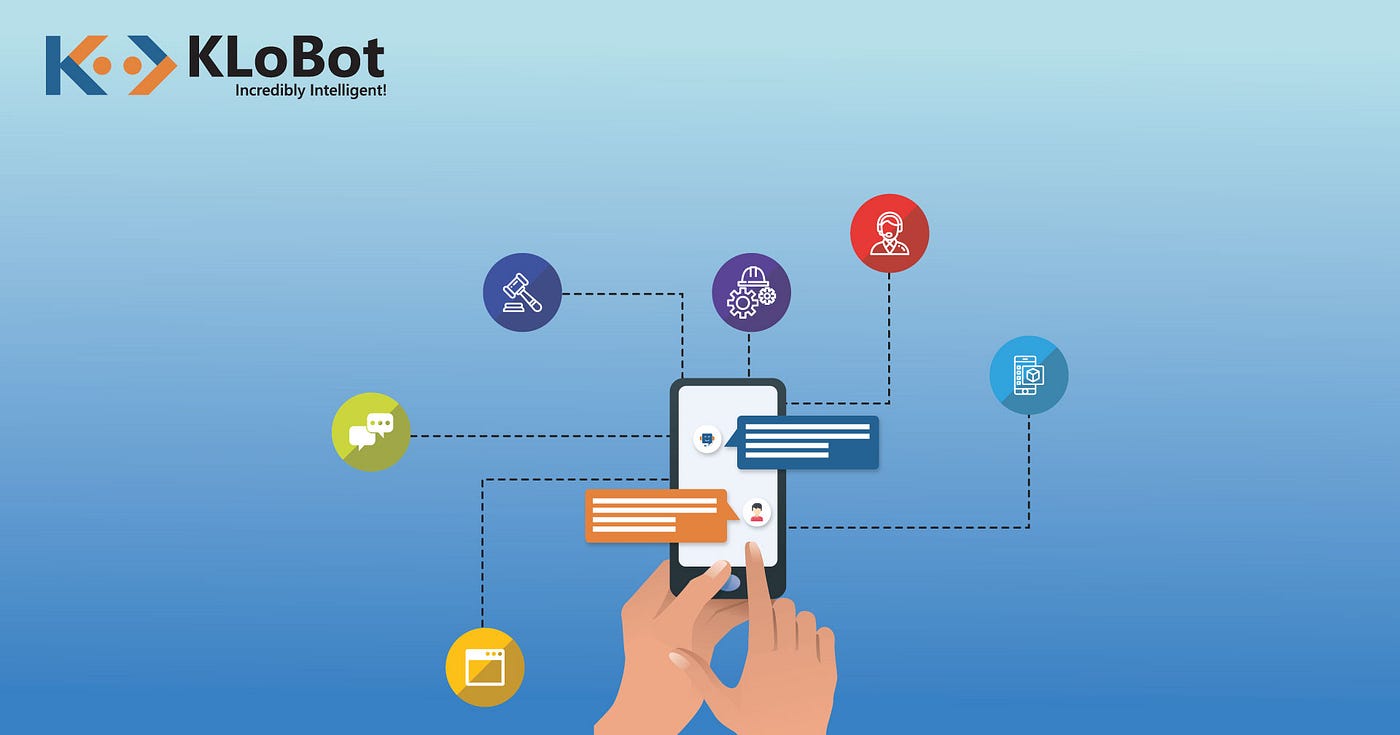
Empowering Legal Interactions: The Evolution of Legal Chatbots
In the ever-evolving landscape of legal technology, legal chatbots have emerged as transformative tools, revolutionizing how legal interactions are conducted. This article delves into the profound impact of legal chatbots, exploring their applications, benefits, and the paradigm shift they bring to the legal profession.
The Rise of Legal Chatbots
Legal chatbots represent a significant advancement in the integration of artificial intelligence (AI) in the legal sector. These conversational agents are designed to engage with users in a natural language format, providing information, answering queries, and even assisting with specific legal tasks. The rise of legal chatbots signals a departure from traditional methods, introducing a more accessible and user-friendly approach to legal support.
Accessible Legal Guidance Anytime, Anywhere
One of the primary advantages of legal chatbots is their accessibility. Users can access legal guidance and information anytime, anywhere, simply by engaging with the chatbot interface. This accessibility is particularly beneficial for individuals seeking quick answers to legal questions or preliminary guidance without the need for scheduling appointments or navigating complex legal websites.
Streamlining Routine Legal Tasks
Legal chatbots excel in streamlining routine legal tasks that do not necessarily require the expertise of a human attorney. Tasks such as drafting simple contracts, generating legal documents, or providing information about common legal processes can be efficiently handled by chatbots. This not only saves time for legal professionals but also enhances the efficiency of legal services for clients.
Enhanced User Engagement and Education
Legal chatbots contribute to enhanced user engagement and education by providing information in a conversational manner. Users, even those without legal backgrounds, can interact with chatbots in a way that feels intuitive. This conversational approach demystifies legal concepts, making legal information more comprehensible and fostering a more informed user base.
Personalized Legal Support
Advanced legal chatbots can offer a level of personalization in legal support. By analyzing user input and preferences, these chatbots can tailor responses and recommendations to individual needs. This personalized touch enhances the user experience, making legal interactions more user-centric and attuned to the specific requirements of each user.
Privacy and Confidentiality Measures
Privacy is a paramount concern in the legal realm, and legal chatbots are designed with robust privacy and confidentiality measures. The data exchanged during interactions with the chatbot is typically encrypted and secured, ensuring that sensitive legal information is protected. These measures contribute to building trust in the use of chatbots for legal consultations.
Integration with Legal Databases
Legal chatbots derive their knowledge from vast legal databases and repositories. This integration allows them to access up-to-date legal information, precedents, and relevant case law. By tapping into these resources, legal chatbots can provide accurate and current information, ensuring that users receive reliable guidance in response to their queries.
Addressing Legal Access Disparities
Legal chatbots play a crucial role in addressing legal access disparities by providing a level playing field for individuals who may not have easy access to legal professionals. These chatbots democratize access to legal information and support, offering a valuable resource for those who might otherwise face barriers in obtaining timely and relevant legal assistance.
Limitations and Ethical Considerations
While legal chatbots offer numerous benefits, it’s essential to acknowledge their limitations. Chatbots may not possess the nuanced understanding and legal expertise that human attorneys bring to complex legal matters. Additionally, ethical considerations, such as maintaining transparency about the limitations of chatbots and ensuring users understand the scope of their assistance, are crucial in the responsible deployment of these technologies.
Embracing the Future of Legal Support
To explore the capabilities of legal chatbots and experience their transformative potential, visit Legal Chatbots. Witness how these intelligent conversational agents are shaping the future of legal support, providing accessible, efficient, and user-friendly interactions that redefine the dynamics of legal assistance.
In conclusion, legal chatbots stand at the forefront of technological innovation in the legal sector. Their ability to provide accessible, personalized, and efficient legal support signifies a paradigm shift in how legal interactions take place. As technology continues to advance, legal chatbots are poised to play an increasingly integral role in shaping the future of legal services.


